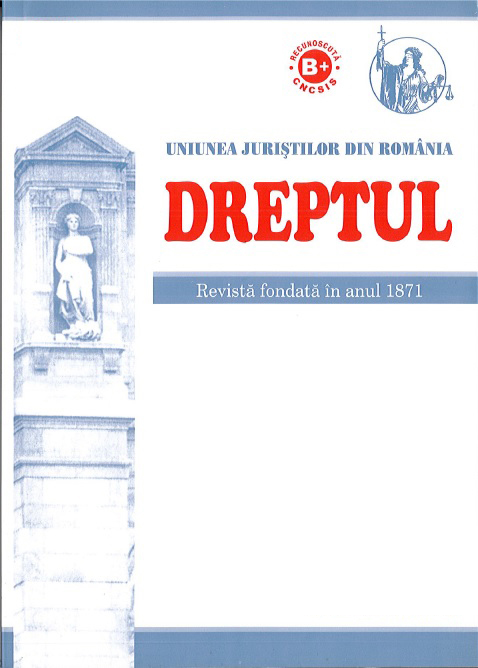The idea of recognizing nature’s legal capacity, with the consequence of attributing this entity of
rights, began to be conveyed some time ago in the specialized literature. With all criticism, the theory
has taken a certain shape and has even been included in the legislations, as is the case of Ecuador,
which in 2008, by Constitution, Articles 71–74, recognized the law of nature, of the environment in
general. Bolivia has adopted legal provisions, but not with constitutional power and, at the same time,
has proposed a draft Universal Declaration of Nature Rights, which quickly gained adherence both at
the level of states and in specialized literature with moderate optimism because it is stated that „we
must be aware that the statement such as the one proposed cannot be expected to have immediate
results”. The granting of rights to nature, as a new approach to the law of the environment that
conceptualizes the natural, non-human world, as something worthy of protection for its own good, and
not just as something that can be used for the benefit of the people, appeared in response to the failure
of the model anthropocentric environment protection, also has its place in interesting processes.
NATURA CA SUBIECT DE DREPT
15.00lei


